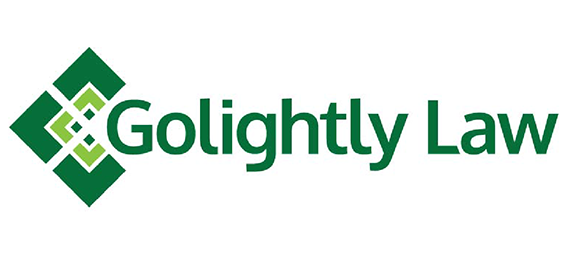Business Succession
Thinking Ahead – Small businesses are often referred to as the backbone of the country. However, upwards of 70% of family-owned businesses don’t survive the transition of power, usually from the founder to the second generation. There are more than 10 million small business owners in America, and each of them has felt the pressure that comes with the territory. In the hustle and bustle of day to day operations, it can be challenging to remember to sit down and coordinate a succession plan.
What Does Succession Planning Entail? – Not having a coordinated business succession plan can directly result in a failing business. So what should you be aware of going into the process? The owner of a closely held, family business may need to address;
-
-
-
- Retaining control of the business
- Retaining income to maintain the standard of living for the business owner and spouse
- Achieving estate planning objectives
- Providing for the continuity of the business
- Concern for employees of the business and for the community in which the business resides.
- Reducing taxes and administration expenses
-
-
There are several options available to the family business owner, including a sale of assets, a sale of stock, a sale to an Employee Stock Ownership Plan (ESOP), a sale to employees, and a sale to children. All of these involve both tax and non-tax issues. Failing to develop a succession plan can result in the liquidation of the business, including bankruptcy.
Leave the heavy lifting to us! Golightly Law is uniquely qualified to help the family businesses develop a succession plan that will successfully carry out the family’s tax and non-tax objectives.
Schedule a Consultation with Our Expert Staff of Lawyers
Business Succession FAQ
As a small business owner, what are the most important things I need to consider when thinking about a business succession plan?
Business succession planning sets out to answer some very important questions that are raised if the current owner, or one of the owners, passes away or becomes disabled. First, who is going to take over operations and ownership of the business? Second, what is the value of the business? Third, if an owner passed away, how will that owner’s estate be paid for the value of the business? These questions are usually answered with a buy/sell agreement.
What is a buy/sell agreement?
A buy/sell agreement is a contract between the current owner(s) and future owner(s) of a business. A well-drafted buy/sell should: (i) ensure someone keeps the business running should one or more of the owners become disabled or pass away; (ii) restrict who may obtain an ownership in the business; (iii) establish an accurate and up-to-date value of the business; and (iv) provide the business with liquidity to fund business operations and a possible buy-out of a decease owner’s estate.
What happens if my business doesn’t have a buy/sell agreement?
If a small business doesn’t have a buy/sell agreement, than a deceased owner’s beneficiaries may take over the deceased owner’s interest, effectively becoming unwitting partners in the business. Also, without some plan to ensure the business has the liquidity to fund continued operations and buy-out a deceased owner’s estate, the business may wind up in an estate dispute and/or ultimately be liquidated.

